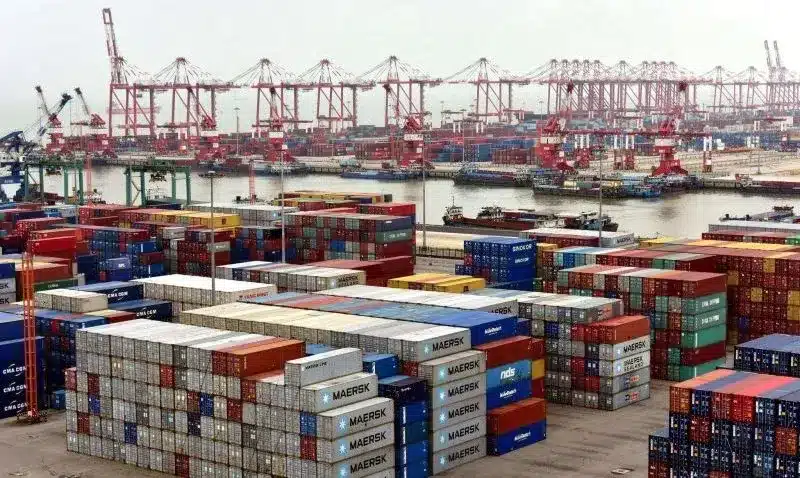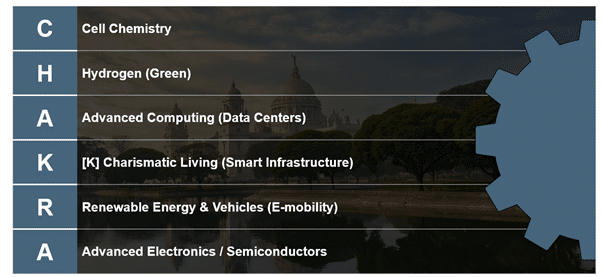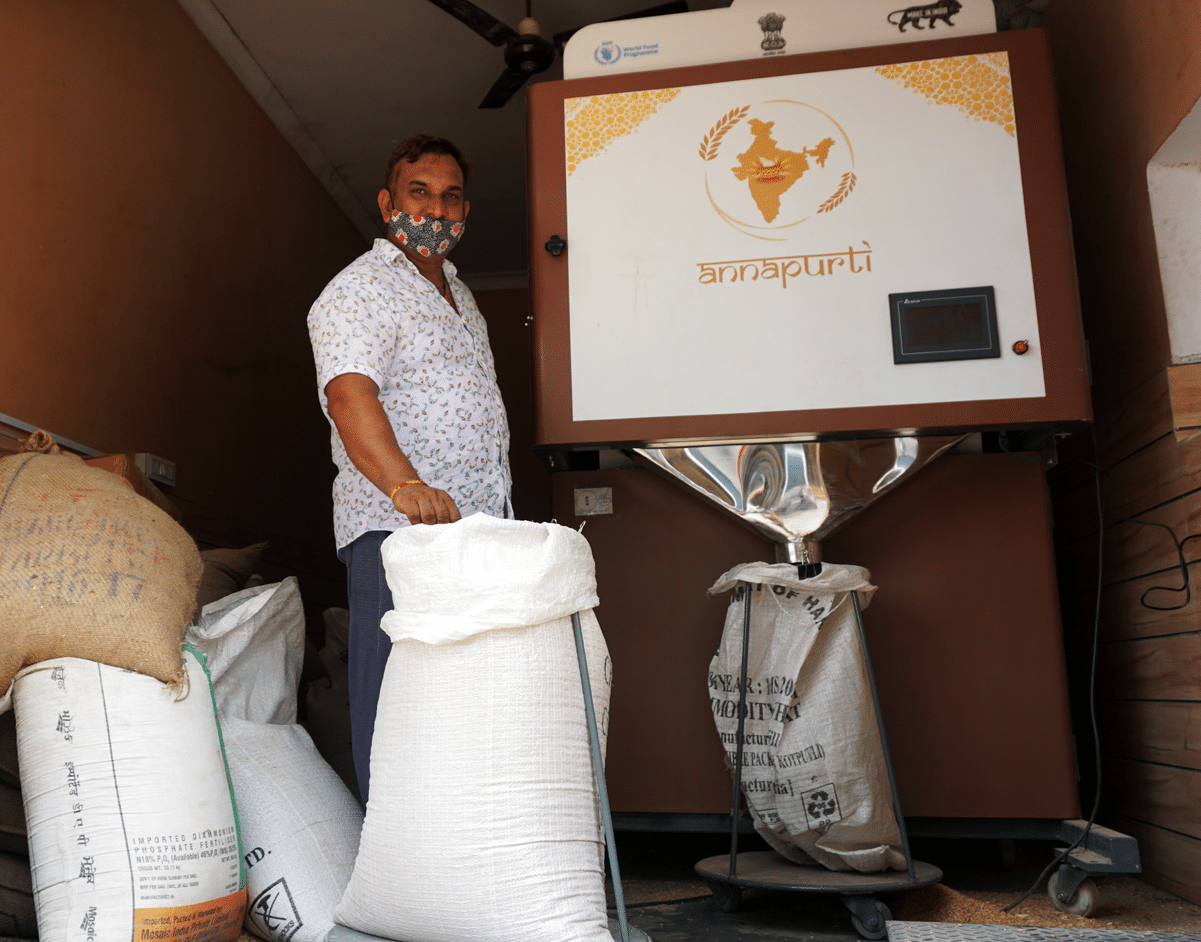About Safeguard Measures
- Safeguard measures are measures introduced by a country that qualify as “emergency” actions under the WTO Agreement on Safeguards.
- A WTO member may take a “safeguard” action (i.e., restrict imports of a product temporarily) under the WTO Agreement on Safeguards to protect a specific domestic industry from an increase in imports of any product which is causing, or which is threatening to cause, serious injury to the industry.
- These actions are intended to prevent or mitigate serious injury to the member state’s domestic industry.
- Such measures, which in broad terms take the form of suspension of concessions or obligations, can consist of quantitative import restrictions or duty increases to higher than bound rates.
- They are one of three types of contingent trade protection measures, along with anti-dumping and countervailing measures, available to WTO members.
- The guiding principles of the agreement with respect to safeguard measures are that such measures
- Must be temporary;
- That they may be imposed only when imports are found to cause or threaten serious injuryto a competing domestic industry;
- That they (generally) beapplied on a non-selective (i.e., most-favoured-nation, or “MFN”) basis;
- That they be progressively liberalized while in effect;
- And that the member imposing them (generally) must pay compensation to the members whose trade is affected.
- Thus, safeguard measures, unlike anti-dumping and countervailing measures, do not require a finding of an “unfair” practice.
- The agreement defines “serious injury” as a significant overall impairment in the position of a domestic industry.
In determining whether serious injury is present, investigating authorities are to evaluate all relevant factors having a bearing on the condition of the industry.
Q1: What is Anti-Dumping Duty?
Anti-dumping duty is a tariff imposed on imports manufactured in foreign countries that are priced below the fair market value of similar goods in the domestic market. The government imposes anti-dumping duty on foreign imports when it believes that the goods are being “dumped” – through the low pricing – in the domestic market. Anti-dumping duty is imposed to protect local businesses and markets from unfair competition by foreign imports. The use of anti-dumping measures as an instrument of fair competition is permitted by the World Trade Organization (WTO).
Source: India, other WTO members criticise EU, UK on steel safeguard measures
Last updated on January, 2026
→ Check out the latest UPSC Syllabus 2026 here.
→ Join Vajiram & Ravi’s Interview Guidance Programme for expert help to crack your final UPSC stage.
→ UPSC Mains Result 2025 is now out.
→ UPSC Notification 2026 Postponed for CSE & IFS which was scheduled to be released on 14 January 2026.
→ UPSC Calendar 2026 has been released.
→ UPSC Prelims 2026 will be conducted on 24th May, 2026 & UPSC Mains 2026 will be conducted on 21st August 2026.
→ The UPSC Selection Process is of 3 stages-Prelims, Mains and Interview.
→ Prepare effectively with Vajiram & Ravi’s UPSC Prelims Test Series 2026 featuring full-length mock tests, detailed solutions, and performance analysis.
→ Enroll in Vajiram & Ravi’s UPSC Mains Test Series 2026 for structured answer writing practice, expert evaluation, and exam-oriented feedback.
→ Join Vajiram & Ravi’s Best UPSC Mentorship Program for personalized guidance, strategy planning, and one-to-one support from experienced mentors.
→ UPSC Result 2024 is released with latest UPSC Marksheet 2024. Check Now!
→ UPSC Toppers List 2024 is released now. Shakti Dubey is UPSC AIR 1 2024 Topper.
→ Also check Best UPSC Coaching in India

















